Every day, millions of people travel to numerous places all over the world. Some travel for business, some for medicinal tours, and some for the fun of sightseeing. We take pride in calling ourselves travelers because of our love for different places, such as Nepal, Italy or Switzerland. But do we truly love the places that we travel to, if we never care to keep them clean? If we take a look at the different ways in which we impact our environment while traveling, a lot of us will end up lowering our heads in shame. But knowing better, is how we can become better. With the help of this post, we intend to make people more informed on how they can minimize their impact on nature, whenever they go out traveling.
Most of the travelers tend to dispose of their wastes without considering the consequences of it. It is a monkey see, monkey do world where tossing trash into the bushes, becomes a sport for people when they see others do it, too. Pulling branches while passing by for no reason, plucking flowers out of plants… there is an endless amount of annoying things that travelers do. When one person does it, it might not be so harmful to nature. But when thousands and millions of tourists do this, it’s going to be a serious problem.
If we are welcomed with open hands and warmth by a country while travelling there, then the least we can do is show them some decency by not polluting their place. It is time we start showing respect to the countries we travel to by decreasing our impact on the environment. We can do this by following the simple but effective steps in the guide below.
Carry Along Your Waste With You
A human ordinarily generates two types of wastes. It includes human waste and material waste. Human waste must be disposed of underground and also 6 inches below surface level. It should also be at least 200 feet beneath any water reservoirs or paths. The material waste an individual creates, must be brought along with the individual. The person should keep empty food packets, skins of fruits, and wrappers of junk food with oneself and throw them into a dustbin wherever it is available. Inspect the campsite frequently to ensure that you do not leave any trash behind. Properly disposing of your waste is the most prominent way of minimizing the environmental impact.
Concern For Other Creatures Also
There are more diverse species in the world out there than us humans. Wild animals are beyond beautiful views. When we travel, we must guarantee that we respect other creatures. Habitually, people who go camping love to see deer and other wildlife creatures. People who wander around in forests, enjoy spotting all sorts of local wildlife. Sometimes, we will visit a sanctuary, or a zoo has a habit of feeding animals even though they are restricted to moving around in cages. Feeding animals might harm their health. When you feed animals in the wild, this may affect the local ecology adversely. To maintain the balance of nature, it is always best to admire these creatures from a distance.
Don’t Spoil The Local Water Reservoirs
Spending time on the seashores, nearby the river banks, or on the mountainous water bodies, you might sometimes feel tempted to throw something in the water. People set their campsites near rivers. They will also emit waste by washing their used plates in the water or washing their clothes during their trek. When taking a bath during your mountain hike, try to avoid using chemical products like shampoo and soap for your cleansing purpose. Use biodegradable products instead, if possible. This is a good tip, no matter where you travel to. It will minimize the impact you have on the environment. If you are going fishing or boating, it is advisable to take a kayak or a rowboat instead of a motorboat which will allow you to save the local waters from poisoning, because of the emissions a motorboat has.
Pre-plan For Knowing Best Possibilities
It is always better to plan. Failing to plan, is planning to fail. When you are getting ready to explore the world, you must pre-plan ahead and travel accordingly. It will make you familiar with the rules and regulations about that place where you will go for your travels. By your due diligence, you’ll learn about the food and waste disposal tactics that are custom in that particular place. When you plan before your visit, you’ll learn about the culture of that place. Planning lets you help in learning about the environment, which helps you in minimizing your environmental impact.
Reduce, Reuse, and Recycle
Separate your activities and possessions into three categories: Recycling, Reducing, and Reusing. There are a lot of reusable things available like water bottles, toilet paper, bathroom accessories which can help you spare the environment. You can trash the recyclable waste material at designated places, which you’ll no doubt encounter on your travel. One tip: you should pack your trash properly and in separate bags, so that it can’t harm local wildlife. Sometimes, you may think your waste is not harmful, but it’ll still be able to harm the environment in a way you hadn’t thought of. You can reduce the use of resources as much as possible in order to go easy on the environment around you. Reducing, Reusing, and Recycling are some of the most environmentally friendly actions that you can take.
Only Bring – What You Need
It is both feasible and favorable to bring along the things that are genuinely needed. When you bring along the things that are needed for the trip, there is the least chance of having left trash behind, after completing the trip. It also allows you to be conscientious of what kind of impact you are leaving on your surroundings. You must check all your gear to make sure that it is safe for the environment. Whether you are stopping for a break, are having a snack or you are going to the bathroom, make sure that you keep an extra pack with you to properly store your waste. When resources carried along on the trip are carefully selected to have the smallest impact on your environment, then you are doing it right.
Leave The Things Behind Where They Belong
You must leave things behind where they belong. Although it may sound counterintuitive at first, taking things from the environment and bringing them with you, could disturb the environment in unexpected ways. On your path, you may find pretty stones, precious gems, attractive seashells, plants, and similar things. You’ll want to take them with you as a reminder of your trip. But really, it’s better if you don’t. For the sake of looking at pretty things and examining them up close, you can pick them up to touch them temporarily, but it’s best not to disturb the environment permanently. Also, when building a campfire, be sure not to use any chemicals to get the fire going, because these might act as pollutants when they get into the soil. Make sure that you do not start a campfire that gets out of hand when you are burning dry leaves. You don’t want to start the next, big forest fire!
Try Utilizing The Least Resources
People, when they travel, usually create a lot of mess as a part of their stay abroad. To minimize the environmental impact while camping and adventuring outdoors, you must always try to use as few resources as possible. For instance, campfires can hurt wildlife. Instead of a campfire, you can use a small backpacking stove with a small fire, that will serve the same purpose. The areas that have already been used for campsites are easy to access. They’ll usually have fire pits and space for tents. To affect the environment minimally, you can visit these campsites that were previously used by somebody else. Also, take care of your fellow camp members. Do not play loud music or scream loudly at your campsite. Noise pollution is real pollution, too.
Use Eco – Friendly Commodities
Rather than using whatever product you can grab from your closet on your journey, try to make a smart selection of eco-friendly products. For example, you can use wooden utensils that will not damage the soil when buried in the ground. You can also use biodegradable toilet paper that will actually enrich, rather than impoverish, the fertility of land when disposed of properly. There are products available on the market such as paper dishes that have plant seed in them. Using these, rather than plastic dishes, could end up cultivating a tree and help mother nature out. Some suppliers offer yet other biodegradable and eco-friendly products that you can carry on your travels, to impact the environment minimally.
Every little impact that an individual leaves on the environment, sums up to a considerable influence on the entire ecology. As a traveler, it is your responsibility to keep the trail neat and clean. When you strive to do good by nature, the world becomes a better place. Next time you are looking for the next destination on your scratch-off map, follow all of these easy steps to ensure that you will do the least amount of harm to your environment.

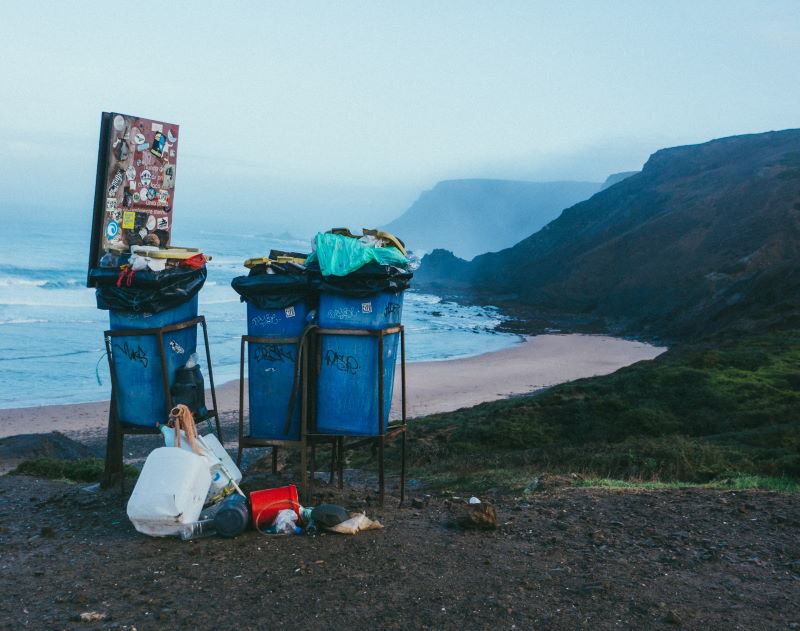
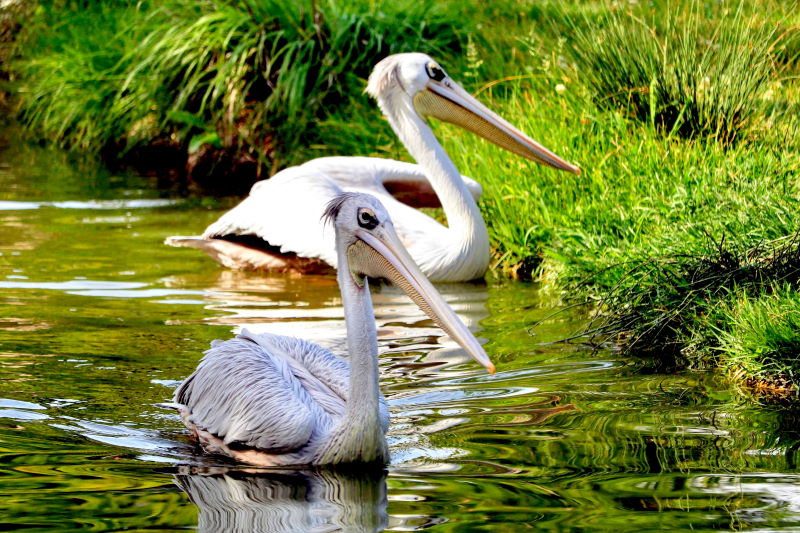
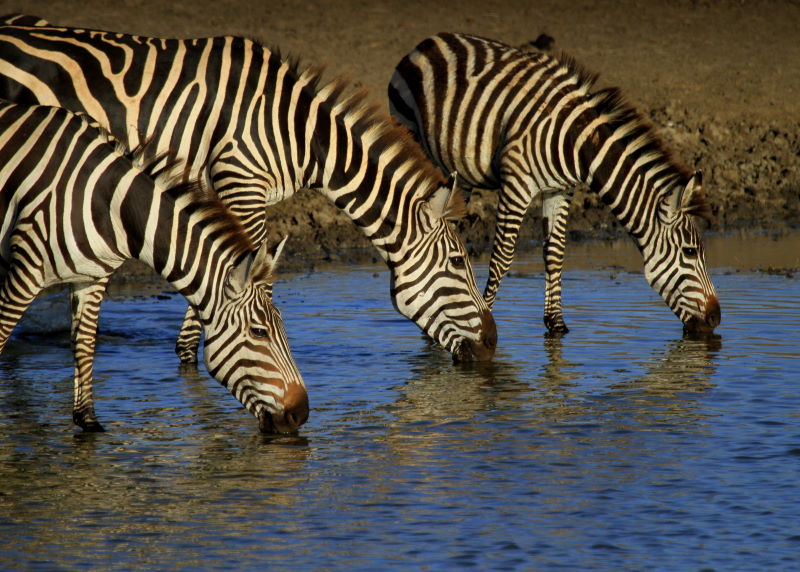
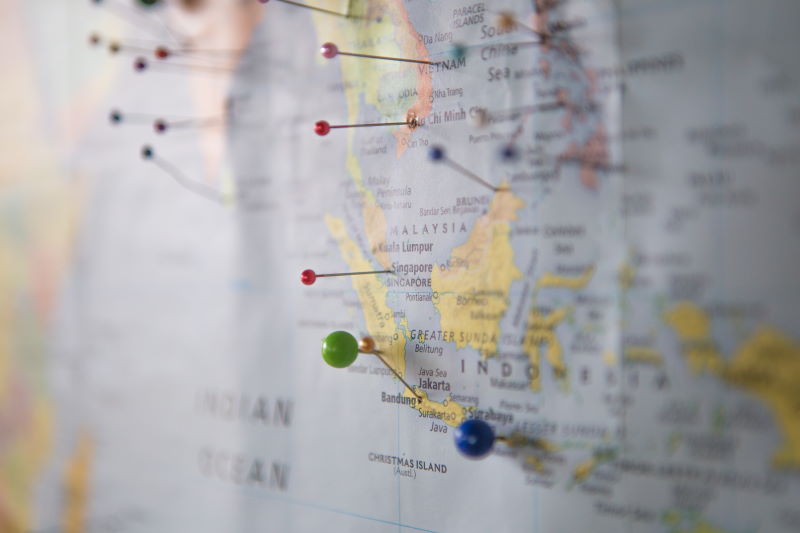
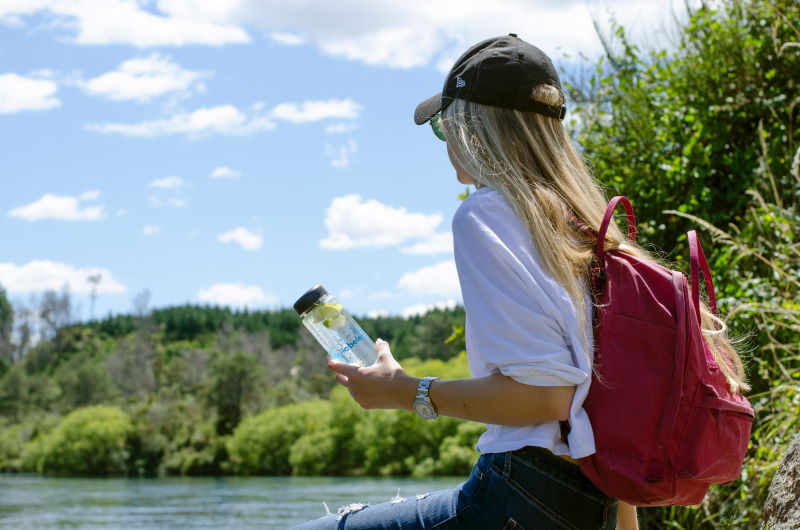
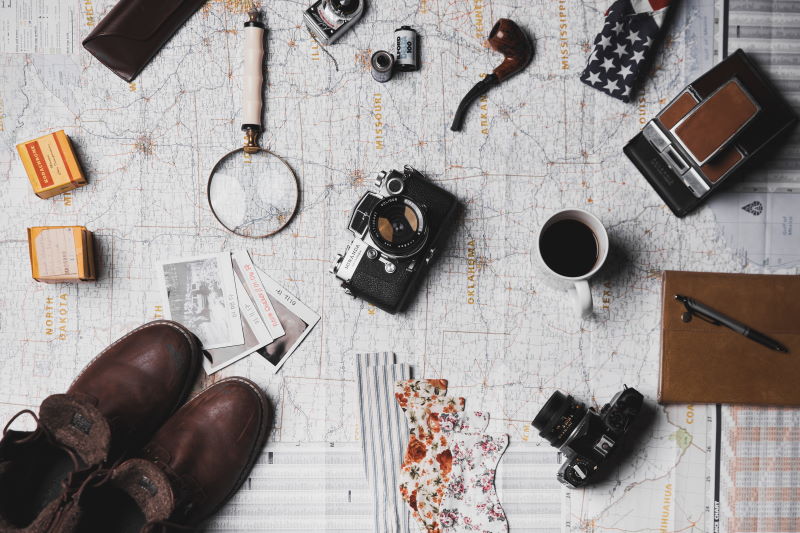



0 comments